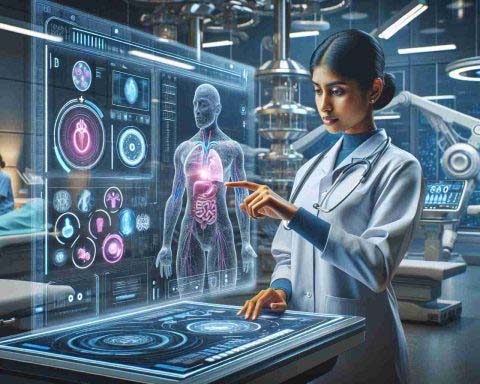Technology: The integration of artificial intelligence (AI) in healthcare is emerging as a transformational force, reshaping the landscape of patient care and medical operations. As advancements in AI continue to accelerate, the healthcare industry stands on the verge of a revolutionary change. AI-powered diagnostic tools are becoming an integral part of modern medical practice, offering improved accuracy and efficiency. These advanced systems can quickly analyze complex medical data, providing doctors with critical information that can lead to early detection of diseases.
One promising area of growth in AI healthcare solutions is the development of personalized medicine. By leveraging vast datasets, AI can tailor treatments to individual patient profiles, potentially improving outcomes and minimizing adverse effects. This customization facilitates more precise interventions while meeting the specific needs of each patient.
In addition, the role of AI extends to streamlining administrative tasks. Automated systems can handle scheduling, billing, and data management with greater reliability, allowing healthcare professionals to focus more on patient interactions rather than paperwork. This efficiency reduces fatigue among medical staff and enhances the overall patient experience.
Looking to the future, AI’s potential in predictive analytics is very promising. By analyzing trends and patient records, AI can anticipate the likelihood of outbreaks or certain health problems within a population, making preventive measures possible.
As AI becomes increasingly incorporated into the fabric of healthcare, ethical considerations and data privacy must be carefully managed. Still, the horizon is brightly illuminated with the promise of AI-powered innovations that could potentially redefine the way healthcare is delivered and experienced in the years to come.
